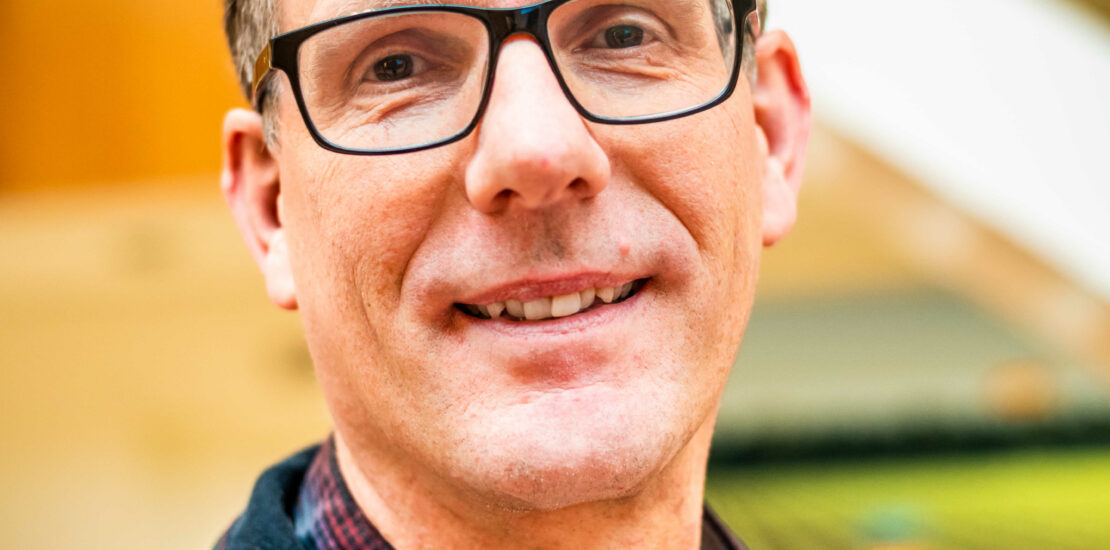- 13 December 2021
- Posted by: 220608@getaweb.nl
- Category: Interviews

We strive towards circular chains
Johan Dijkstra is senior innovation manager at Cosun
Cosun is an arable farming cooperative, with approximately 8.600 member sugar beet farmers. The three core crops of the company are potatoes, chicory roots and sugar beets. Cosun processes these crops into food products, food ingredients, biobased ingredients, and cattle feed. To reduce CO2 emissions, we produce green gas from organic water flows and rest streams, and coproducts are sold to, for example, cattle feed, pet food or non-food markets.
At Cosun, we strive towards circular chains. Raw materials enter the chain and for all streams that come out of it, we strive to find a useful application. Coproducts are automatically released, that’s something inevitable that you cannot control. However, what you can manage is keeping them from getting a ‘waste’ status. So, you need to look for applications that add value and are useful to society.
Part of the sugar beet pulp is being used to produce beet fiber containing paper. This project started around 2015. After many trials and pilots the product became commercial in 2020. To produce this paper, less fibers from native trees are needed, therefore significantly reducing its ecological footprint compared to conventional paper.
In the context of reducing our footprint, we are also concerned with our energy transition. Finding out which production processes are most profitable to make more energy efficient and sustainable is important if we want to do it effectively and be economically responsible.
Between 2010 and 2012, we started generating green gas from organic water streams and rest streams. We connected biodigesters to our sugar factories that produce the green gas. Partly the green gas is used by ourselves as a replacement of natural gas, the rest is fed to the public grid. Currently, the amount of green gas Cosun produces is significant. We currently find ourselves among the biggest green gas producers of the Netherlands.
Cosun is continuously working on more sustainable production processes. It is a challenge to find a balance between making money and investing in sustainability. Fortunately, the societal momentum to buy more sustainable products is growing. This favours energy transition.
Future challenges for sustainable food production are waste prevention and energy transition. This does not happen overnight; it requires skills and knowledge. Also legislation needs to be adapted to new opportunities. I have the confidence that this can be managed if all stakeholders – companies, consumers and the government – contribute.
===
This column was originally published in EVMI.
